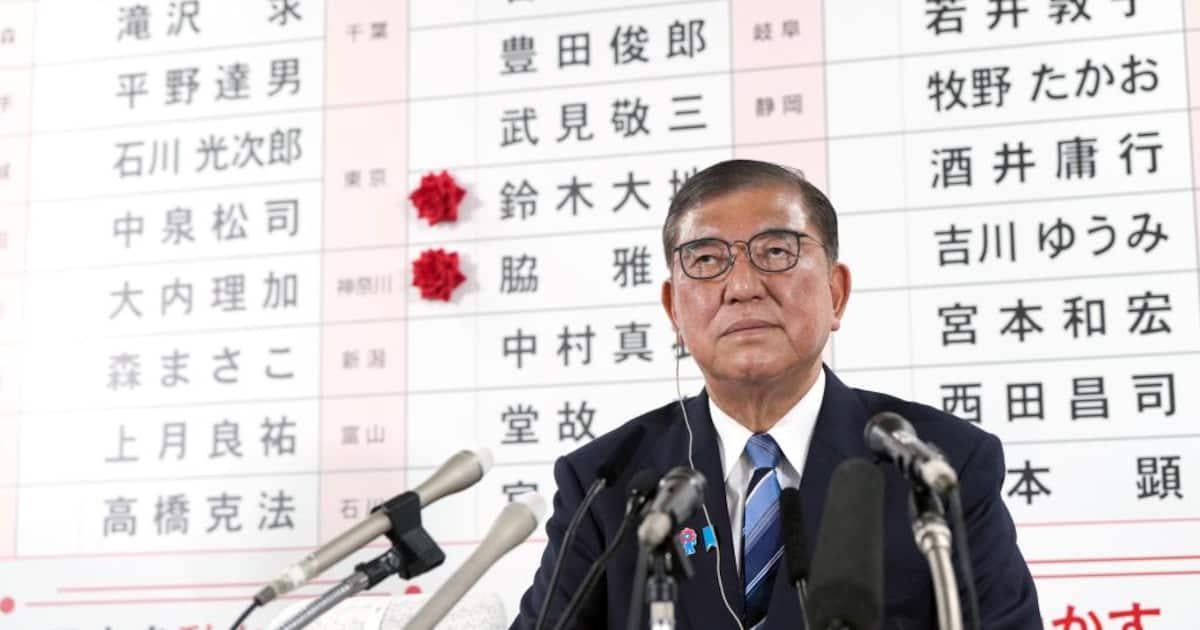
Would need to go to the library to read the complete article.
Prime Minister Shigeru Ishiba continues to hold onto his position despite significant electoral defeats. After losing seats in last October’s general election, recording a historic low in the Tokyo Metropolitan Assembly election in June, and suffering another defeat in the July House of Councillors election, many believe he should resign, as he has not maintained the public’s trust through these critical democratic processes.
However, Ishiba has stated reasons for remaining in office, citing challenges such as the trade measures from the Trump administration, rising prices, and the potential threat of a major earthquake in the capital. He argues that avoiding stagnation in national affairs is crucial at this time.
This stance is seen as defying both party and democratic norms. Traditionally, in such situations, a leader would step down immediately when their party loses its majority. Ishiba may believe these electoral losses are not his fault, attributing them to issues like scandals in former Prime Minister Abe’s faction. He might also find some comfort in opinion polls that show support for him continuing in his role.
However, equating the “should continue” responses in polls with concrete support for the Ishiba administration might be misguided. The longer he stays, the more public trust in the Liberal Democratic Party (LDP) could erode, leading to intensified internal conflicts. Some suggest that positive comments from opposing forces are strategic, aimed at weakening the LDP by encouraging him to stay in power.
by MagazineKey4532
